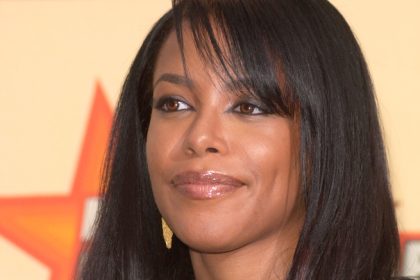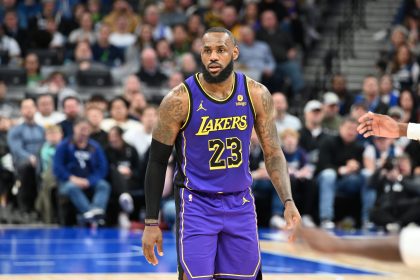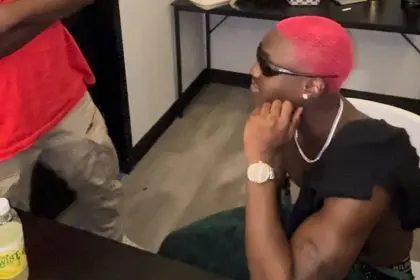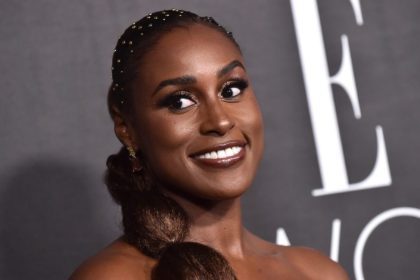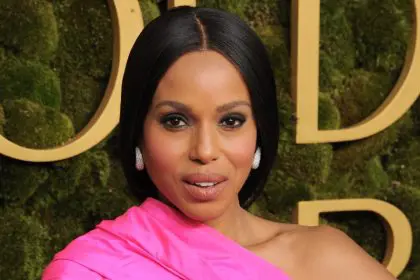
If you’re a parent of a child, the toys you pick are very important. Every day on TV kids view ads for toys that do not reflect an essential part of themselves, their color. As a parents we want to purchase a toy that does not harm but brings joy. This is especially true of young Black girls who are developing positive images of themselves. Especially when it comes to purchasing the most simple of toys, a Black doll.
The most popular toy for decades in the United States has been the “Barbie” doll. Golden hair, White skin and a slim figure was the standard of beauty offered to millions of young girls. This same image has been exported to the millions of young girls throughout the world, even to Africa. One man in Nigeria has decided to take this imagery head-on and has developed a line of dolls that are not only Black but beautiful and empowering and he has made history. Nigerian toy designer Taofick Okoya, became frustrated when he could not find a Black doll for his country so he did something about it, he created the “Queens of Africa” dolls. But these dolls are not some Barbie knockoff product; these toys reflect a history of beauty and culture to empower young Black girls.

Wearing traditional clothing and having the features of three of the dominant ethnic groups of Nigeria, Okoya’s journey started seven years ago for his niece. Now the dolls are outselling White Barbie dolls in Africa and command a whopping 10-15 percent of the market. Okoya outsourced the manufacturing of the doll parts to a company in China and then assembles the dolls in Nigeria. The dolls currently are selling at 6,000-9,000 units per month, and currently, he has no competition from big companies like Mattel.
The dolls represent the Yoruba, Igbo and Hausa women of Nigeria and while toys may be too expensive for the majority of citizens, he has found a niche market. This market is the growing middle class of Nigeria with enough disposable income to purchase the Black dolls. The dolls sell from $8-$22 apiece and are so successful that Okoya is in talks to expand his product line. He is in negotiations with the South African division of Walmart, Massmart, to sell his Black dolls in 70 outlets across Africa. But even now he faces a cultural dilemma because of the appearance of the doll. His earlier version of the “Queens of Africa” series featured dolls with larger bodies and did not sell well. It was only when he featured slimmer, Western style bodies that he was able to sell his Black dolls alongside the White dolls in stores. However, as the product increases in popularity, he intends to return to his original design of showing the fuller body of the African woman.

